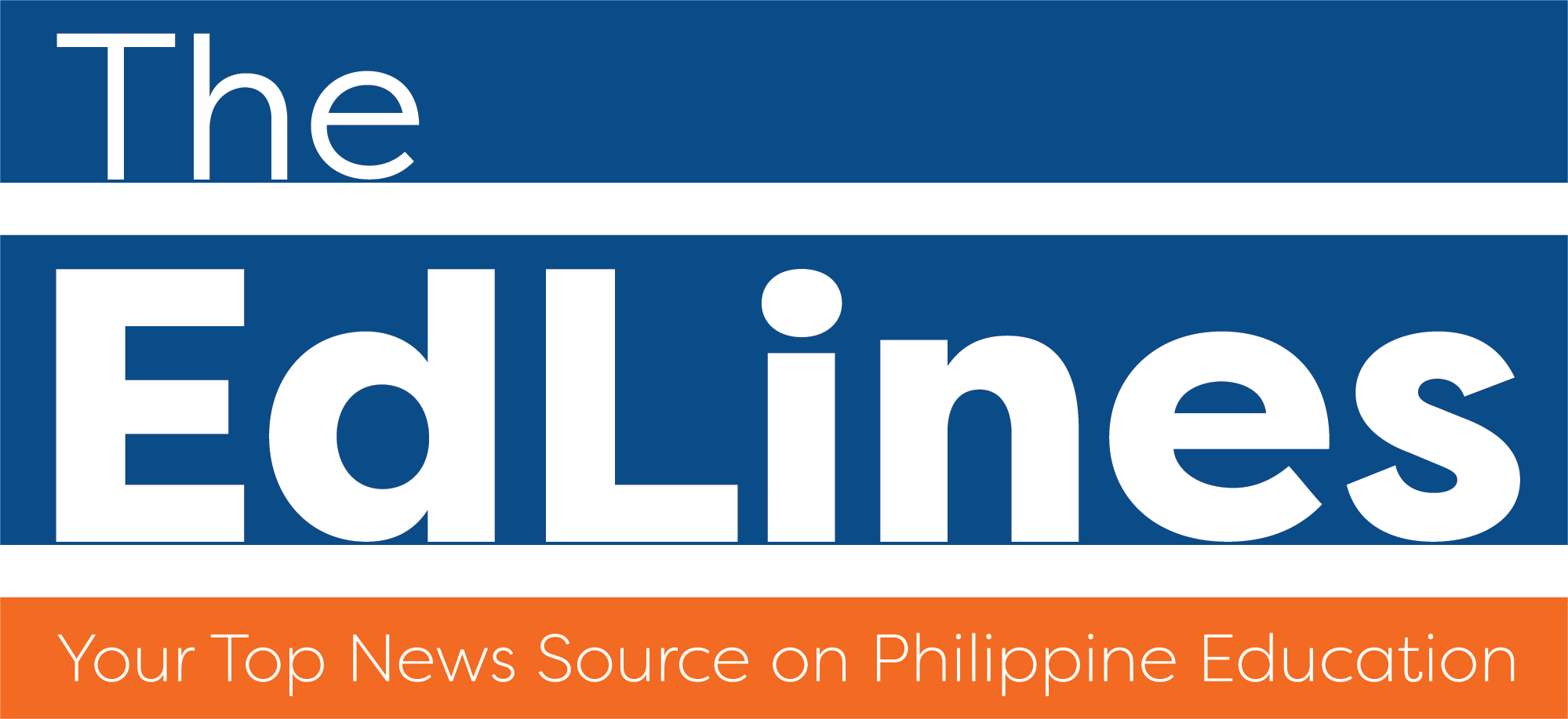Teachers’ group questions constitutionality of 2025 education budget allocation

The group is looking at filing a case in the Supreme Court to challenge the constitutionality of the computation. Photo by The EdLines.
The Teachers’ Dignity Coalition (TDC) has criticized the Marcos administration for allegedly violating the Constitution in the 2025 national budget, accusing it of misrepresenting education spending by including institutions unrelated to basic education to meet the constitutional mandate.
The issue stems from Article 14 of the 1987 Constitution, which mandates the government to “assign the highest budgetary priority to education” and ensure teaching will attract and retain talents through “adequate remuneration and other means of job satisfaction and fulfillment.”
According to TDC Chairperson Benjo Basas, the 2025 budget allocation violates the spirit of this provision by diverting resources away from institutions directly responsible for teaching, particularly in the basic education sector.
“[T]he government has diluted this by lumping non-education institutions into the computation to meet the bare minimum constitutional requirement.”
Questionable budget computation
The Department of Budget and Management (DBM) recently announced that ₱1.055 trillion has been allocated to the education sector, including the Department of Education (DepEd), Commission on Higher Education (CHED), Technical Education and Skills Development Authority (TESDA), nd State Universities and Colleges (SUCs).
However, this total also incorporates budgets for the Local Government Academy, Philippine National Police Academy, National Defense College of the Philippines, Philippine Public Safety College, Philippine Military Academy and the Philippine Science High School.
While education’s total allocation was technically the largest, the Department of Public Works and Highways (DPWH) received a comparable ₱1.034 trillion. Meanwhile, PhilHealth remains unallocated, and significant funding was retained for politician-led cash assistance programs, such as the AKAP initiative, which critics argue are politically motivated.
Legal action considered
The group criticized the 2025 budget for “favoring the selfish interests of politicians” by allocating resources to cash assistance programs and non-essential infrastructure projects that cater more to political interests than to the needs of the people, particularly in education and healthcare.
Basas revealed plans to consult legal experts and potentially file a case in the Supreme Court to challenge the constitutionality of the budget computation.
The group emphasized that education must take center stage in the national agenda, not just rhetorically but in practical terms.
If the government were genuinely committed to fulfilling its constitutional obligation, Basas said it would prioritize institutions like DepEd and universities by ensuring fair compensation and adequate benefits for teachers. Instead, he argued, the government has sidestepped this responsibility, compromising education’s rightful share of resources.
“To genuinely uplift the lives of the Filipino people, we must address these gaps. Education must take precedence over political interests… the current budget falls short of this ideal,” Basas said.
Demand for real investments in education
Despite the apparent increase in education funding, Basas said that systemic issues in the education sector persist. The education sector continues to struggle with classroom shortages, outdated materials, underfunded digital infrastructure, and poorly compensated teachers.
To address these problems, the TDC is calling for a reallocation of resources that genuinely prioritizes education and healthcare, ensuring that the nation’s educators and students are empowered to succeed.
A study by the Philippine Institute for Development Studies revealed that the country’s education spending remains at 3.1% of GDP, well below the global benchmark of 4-6% recommended by the Education 2030 Incheon Declaration.
The Philippines also ranks lowest among countries surveyed in the Programme for International Student Assessment (PISA) for financial, human, and digital learning resources.
The TDC has reiterated its call for meaningful reforms to address the gaps in the education system and ensure a brighter future for Filipino learners.


